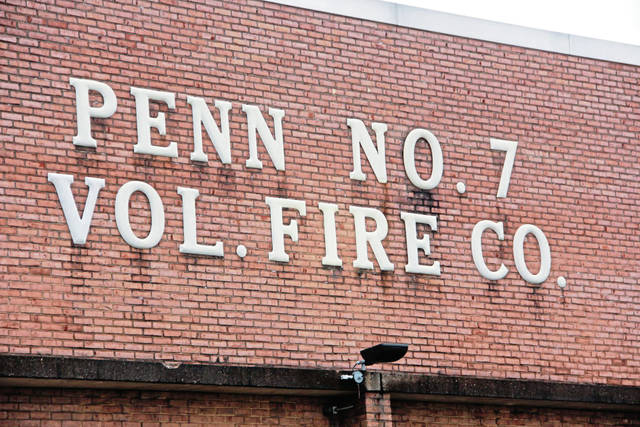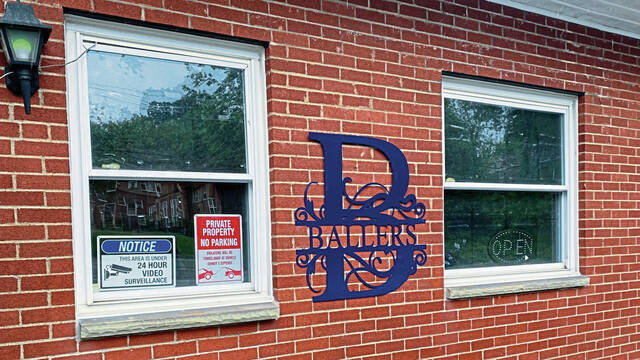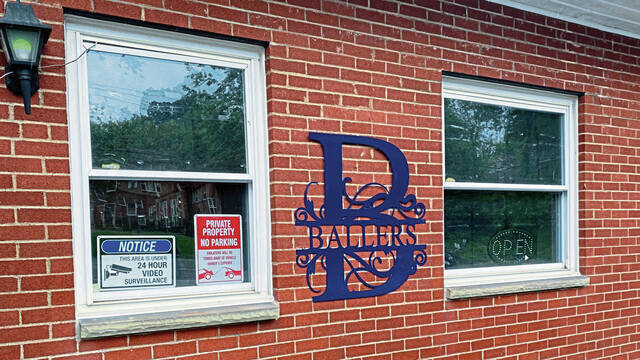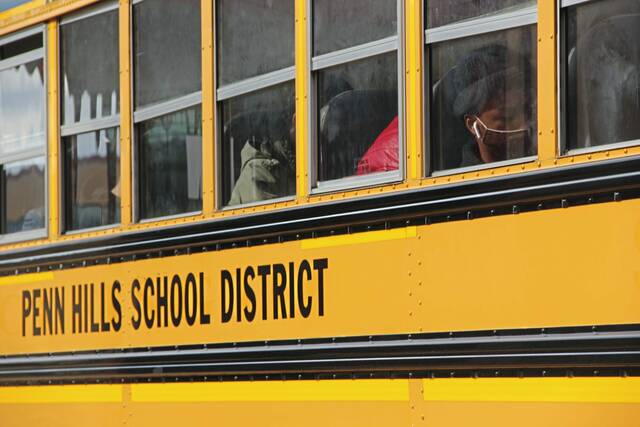A Penn Hills volunteer firefighter said a tax is the only way to keep the municipality’s fire services aflame.
Ever-increasing operating expenses, old protective equipment, dwindling manpower and fundraising challenges are all reasons Bill Jeffcoat, fire chief of Station 227, thinks a so-called “fire tax” is the strictly volunteer services’ only hope.
“A one-mill fire tax would bring us $1.4 million. Eventually, council will have to accept that that is the only way to do this,” Jeffcoat said.
Jeffcoat’s comments come after he addressed council at the municipality’s first of three budget hearings Dec. 2. During his address, Jeffcoat pleaded with council to consider keeping a $107,000 allocation to help with the purchase of personal protective equipment for the municipality’s approximately 140 active volunteer firefighters.
Manager Scott Andrejchak said that line item was not included in the draft budget because the money historically was used to pay off a debt. The last portion of the $107,000 installment was paid in September, he said.
According to its budget, Penn Hills allocates money to each of the municipality’s six fire stations to pay for a portion of their operating expenses, including cell phone bills, utilities and payments on equipment.
In 2016, Penn Hills paid the fire stations $581,000. In 2017, the allocation shot up to $604,000 and increased slightly in 2018. In 2019, the allocation decreased to $576,000.
The 2020 budget calls for a $469,480 allocation. The $107,000 gap represents the municipality’s allocation for “equipment/machinery.”
Jeffcoat said the $107,000 allocation should continue. “It’s easier to keep that there. Why not keep it the way it is?” he said.
Andrejchak said he wants to develop a long-term plan when it comes to solving the fire stations’ funding woes.
“There isn’t anybody that doesn’t recognize the need or doesn’t recognize the stresses they’re under,” Andrejchak said. “So there is a desire to do something. We just have to figure out what that something is.”
Andrejchak said he looks forward to discussing those options with Jeffcoat, Penn Hills Fire Marshal Chuck Miller and the finance department.
He is also hopeful for the release of findings from a state study commenced in early 2019 that took a deep dive into the municipal fire stations’ finances and operations. The probe, funded by the state’s Department of Community and Economic Development, will make recommendations on funding options such as a fire tax, equipment and manpower needs.
Andrejchak expects the study to be completed by sometime in 2020.
“I want to give them more help,” Andrejchak said of the fire stations. “But it doesn’t happen in one day. The best strategy is to sit down, make a plan and see what’s sustainable.”
Jeffcoat, who supported the initiation of the fire study, said the sustainable solution is a fire tax.
“I know it’s going to be a hard pill to swallow. And, really, this is a last-ditch effort,” he said.
If more Penn Hills residents donated to the fire stations regularly, the fire tax might not be as needed. Charging for individual fire calls won’t solve the problem either, he said.
“It’s a Band-Aid on a bullet wound, so to say. A fire tax is inevitable,” Jeffcoat said. “The majority of chiefs, company officers and members are taxpaying residents. Some of them are business owners. We don’t want to be taxed anymore than we already are. But a large portion of the residents see the hardships and many are in favor of paying that fire tax.”
The municipality’s draft spending plan for 2020 does not call for a property tax hike. Andrejchak proposed balancing the $32.9 million budget by using a $3 million carry-over from Penn Hills’ fund balance from 2019.
Andrejchak has warned that practice is not sustainable and could lead to problems.
The 152-page document can be found on Penn Hills’ website.
Council is scheduled to hold another hearing on the budget at 7 p.m. Dec. 16 in council chambers, 102 Duff Road.








